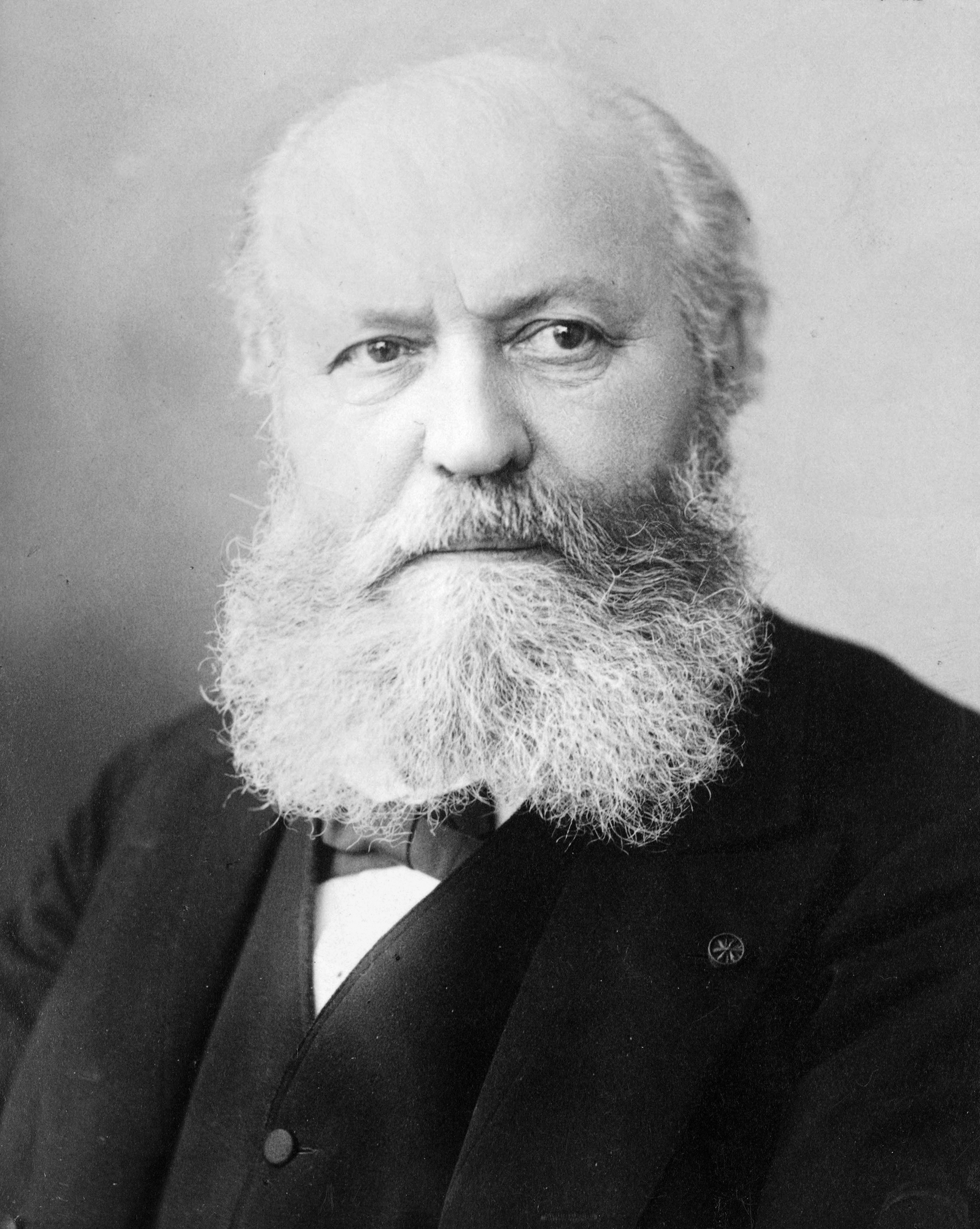Gounod, << GOO noh or goo NOH, >> Charles (1818-1893), was a French composer best known for his opera Faust (1859, revised and expanded 1869). This opera is loosely based on Johann Wolfgang von Goethe’s play Faust, about a scholar who sells his soul to the devil. Gounod’s opera emphasizes the love story between Faust and Marguerite. It is noted for its beautiful arias (solos) and its familiar “Soldiers’ Chorus.”

Gounod’s music includes elements of seriousness and sensuality, though some of his works lapse into melodrama and sentimentality. He was a skillful craftsman, and some of his shorter works, including his songs, are impressive. His orchestrations are rich and colorful, and reflect the style of the French composer Hector Berlioz.
Charles Francois Gounod was born on June 17, 1818, in Paris. He entered the Paris Conservatory in 1836 and won the Grand Prix de Rome after only three years of study. He then studied for three years in Rome, where he learned the great choral works of Italian composer Giovanni Palestrina. About 1850, Gounod began to write operas, of which relatively few were successful. Other than Faust, his successful operas included Romeo and Juliet (1867) and Mireille (1864, revised and abridged 1876). He was also a choir director and wrote several masses and other sacred works. He died on Oct. 18, 1893.
Loading the player...Faust
